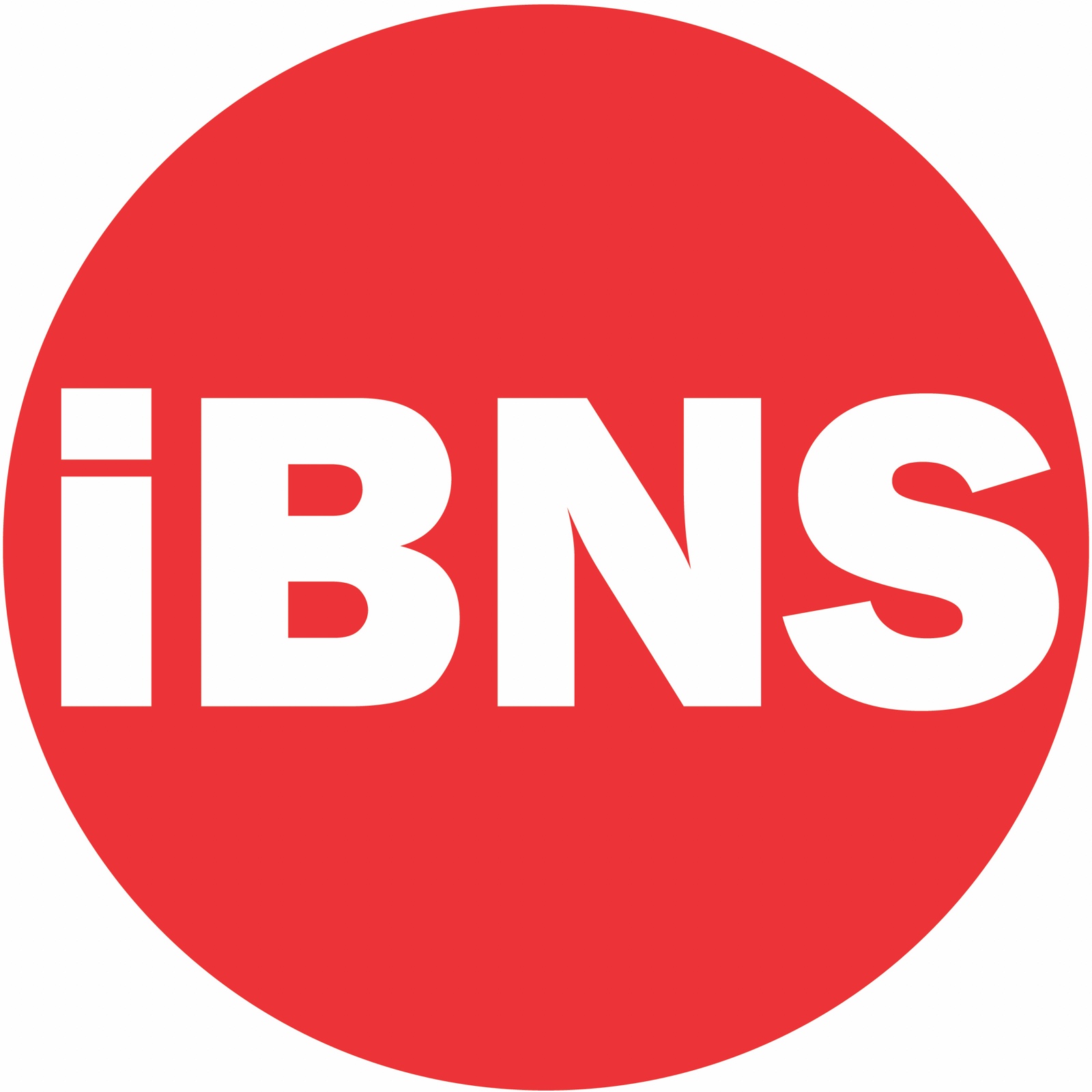
British Council launches research on learning of English in Bihar titled ‘English in Education: Bihar Profile’
Part One of the profile presents statistics and other educational data on teaching and learning in the state, including the numbers of schools, teachers and learners, levels of learner performance and school facilities and resources. Educational systems and administrative organisation, the curriculum and coursebook, the place of examinations and the provision of teacher training are all described.
There is a wide range of research on education in Bihar and the profile presents a summary of this research. Topics include the background of parents and learners, the relative effectiveness of teaching and training and the place of private and public education. Links to further reading on these topics are provided throughout.
There are many challenges to effective teaching and learning in Bihar which are examined in the profile including one of the highest pupil-teacher ratios in India (54:1), significant shortage of teachers and a need for at least fourteen thousand new schools. However, the last decade has seen some dramatic changes in the number of students enrolled in the state(a ten per cent increase since 2006 means almost all children are now enrolled in school), in school infrastructure and in the gender parity index which is now higher than the national average, thanks partly to the Chief Minister’s Bicycle Distribution Scheme which research indicates has led to a thirty per cent increase in the probability of girls’ enrolment.
While there has been plenty of research on education in Bihar, there has been far less on the teaching and learning of English in the state. Part Two of the profile presents data collected and analysed through the BLISS (Bihar Language Initiative for Secondary Schools) project, a collaboration between the British Council, DFID and the government of Bihar which has developed the skills of two hundred teacher educators and supported them in the delivery of training and professional development to over two thousand teachers.
Data gathered through the project provides detail on aspects of English in Bihar which have hitherto been very under-researched such as an analysis of typical class size in Bihar, identification of teacher language proficiency, current teaching practice and the impact of training on this practice and the access to and availability and use of information technology at secondary level in the state.
Data shows that more than eighty per cent of teacher educators trained through the BLISS project have madedemonstrable progress in language proficiencyand achievements in improving classroom practice are similarly impressive.
The profile has been developed in collaboration with Pratham and the profile incorporates findings from original research by the Pratham team on areas including educational policy, English in higher education and the role of commercial language schools in the delivery of English teaching.
A companion volume which will investigate social attitudes to English in Bihar is also in course of preparation, with research led by Professor David Hayes of Brock University, Canada.
Through providing the most up to date and reliable data and summaries of research available, the profile will serve as a foundation for decisions by policy makers and as a source of information for researchers, organisations and individuals planning to work in Bihar.
Michael Connolly,Assistant Director, English Partnerships, British Council India, said: “We hope theBiharProfilewill be of use to head teachers, teacher educators and teachers working in the contexts it describes and, indeed, anyone with an interest in the complex, often challenging and rapidly changing picture of English and education in Bihar.”
Image: Wikimedia Commons
Support Our Journalism
We cannot do without you.. your contribution supports unbiased journalism
IBNS is not driven by any ism- not wokeism, not racism, not skewed secularism, not hyper right-wing or left liberal ideals, nor by any hardline religious beliefs or hyper nationalism. We want to serve you good old objective news, as they are. We do not judge or preach. We let people decide for themselves. We only try to present factual and well-sourced news.








